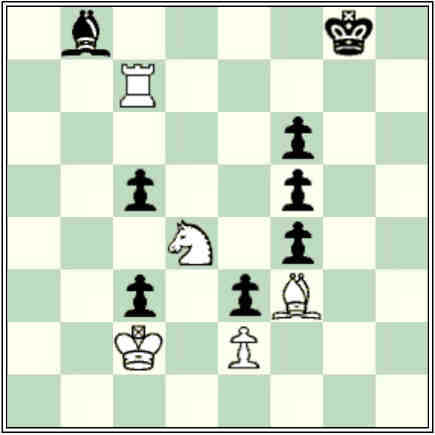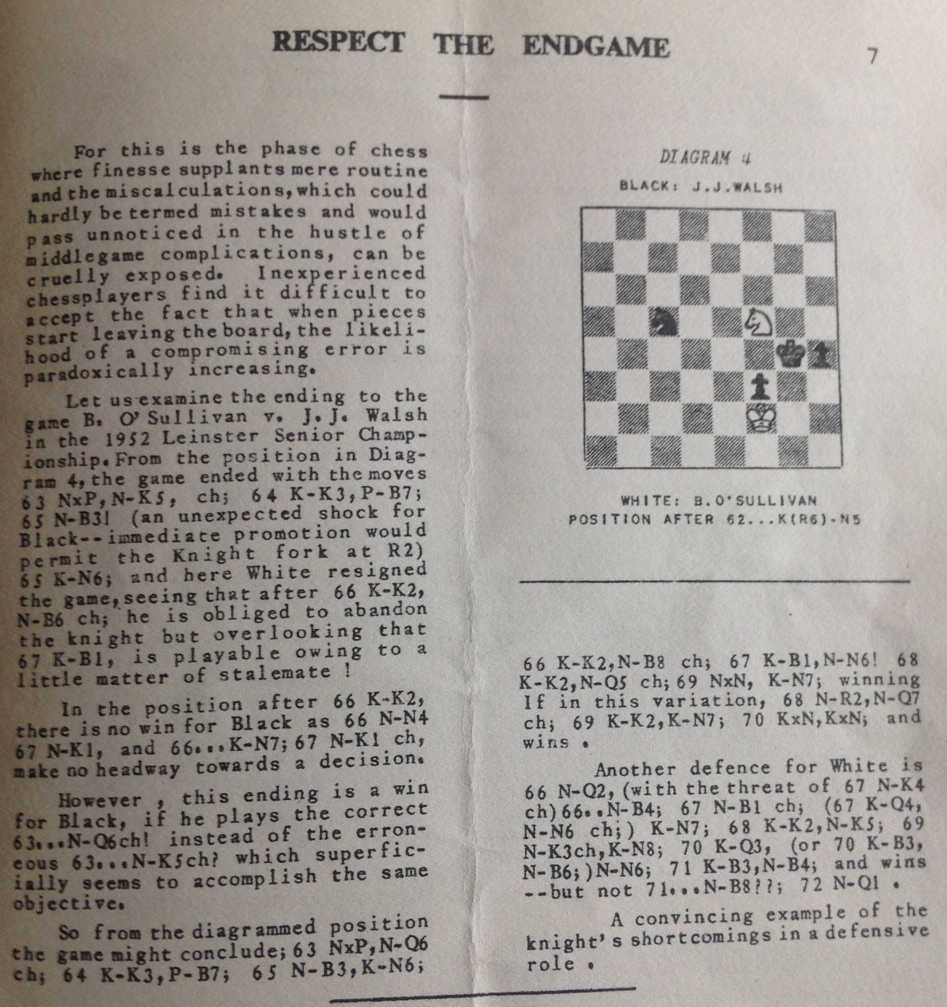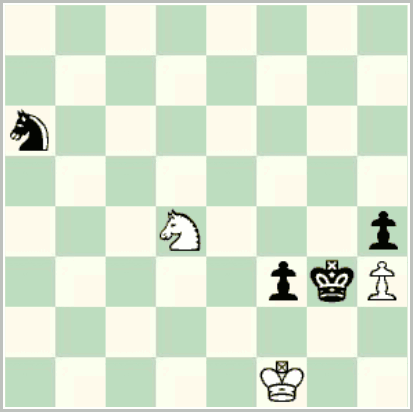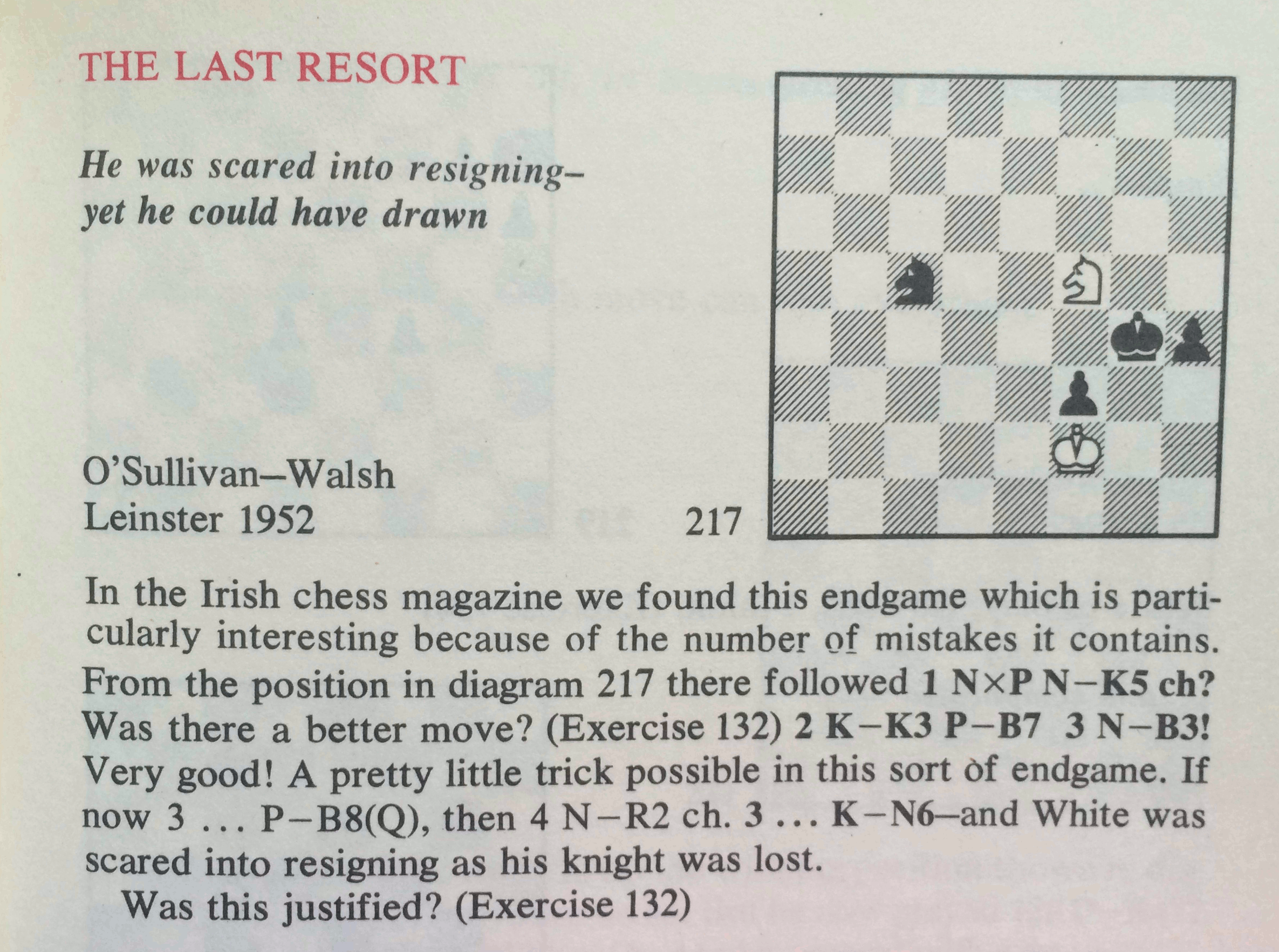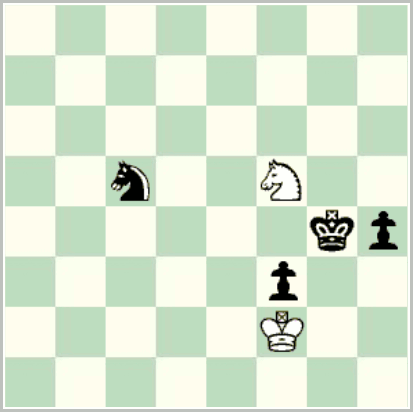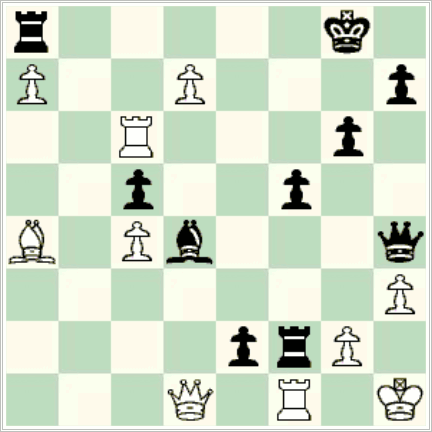The Irish championship runs from July 2 to July 10 at U.C.D. (Student Union building in Belfield).
Already the tournament is causing a great deal of discussion, though unfortunately for all the wrong reasons: this year almost all players who would normally be considered contenders have chosen to sit out, with the result that there are only two players rated over 2300 in the event, and none between 2200 and 2300. And even apart from this the field is quite small for a tournament in Dublin at 16: just two years ago there were 30 at Trinity for the 2014 championship.
A preliminary tournament report has been posted here and will be updated round by round. After the third round Stephen Jessel leads on 3/3, a full point ahead of a group of 7 players on 2/3, including Colm Daly.
Update, July 6, 2016: Round 4 results and games have been added. Stephen Jessel was held to a draw by Gerard O’Connell in the last game to finish. (So Paddy Kennedy’s record of the only 100% performance in an Irish championship will stand for yet another year.) In the second-last game to finish Colm Daly beat Gerry MacElligott; a missed opportunity for Gerry as he was fine even half a dozen moves from the end. Next round: Daly-Jessel, which could decide the entire championship.
Update, July 7, 2016: Rounds 5 and 6 have been added. In round 5 Colm Daly had White against Stephen Jessel on the top board, in the most crucial game of the event. Daly was pressing for a long while in a blocked position, well past the first time control, but eventually slipped near move 60. Both players were down to their last minute and living on the 30-second increment but Jessel duly converted. It’s still not over as Jessel has a lead of only ½ over Killian Delaney, and they have already played each other.
Update, July 8, 2016: Stephen Jessel did not have it all his own way against Anthony Fox, who was doing fine until he allowed his bishop to be trapped, but it ended as yet another win for the tournament leader. On board 2, Killian Delaney had Black against Colm Daly and seemed to have had marginally the better of it for a long time; but late on in a drawn ending he blundered and lost. So Jessel is 1&frac; points clear of the field and has played all his rivals. With White tomorrow against Paul O’Neill, a win will clinch the title.
Update, July 10, 2016: Ça y est … Stephen Jessel recorded a convincing victory with 8½/9, equalling the Irish championship 9-round record, and more importantly becoming Irish champion for the first time. Congratulations on a well-deserved victory!

